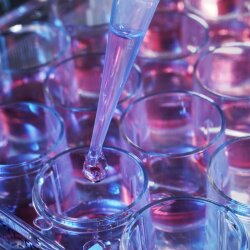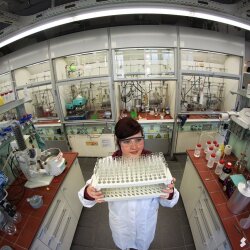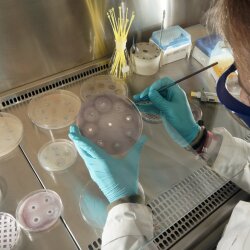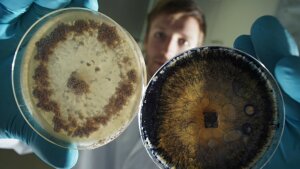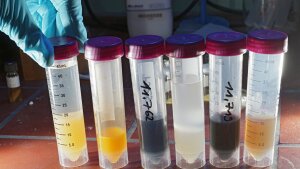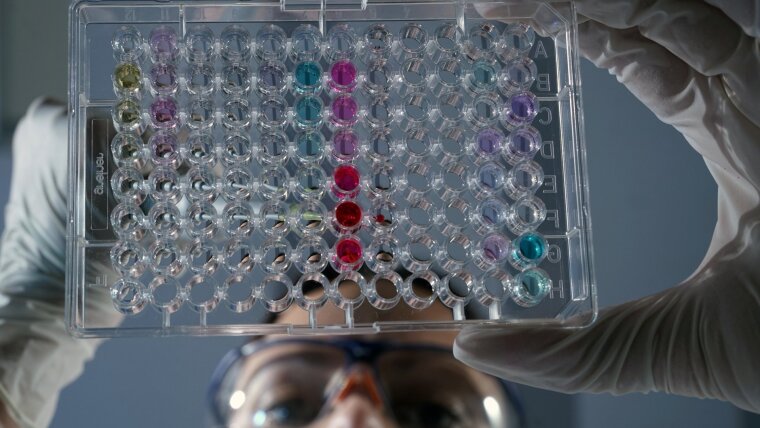
Chemical laboratory technicians deal with the fascinating world of substances and reactions. They carry out investigations, plan and carry out chemical experiments such as analyses and syntheses and carefully evaluate the results. They use modern technology and computer-aided processes to achieve precise and reproducible results.
Their main tasks include analysing substances, producing preparations and separating, purifying and characterising mixtures of substances. Equally important is the conscientious documentation and optimisation of test procedures. Aspects of quality management and the environmentally friendly disposal of chemicals are also an integral part of everyday working life.
The profession requires accuracy, a sense of responsibility and a high level of scientific interest. Chemical laboratory technicians work in teams with scientists and make an important contribution to research, development and quality assurance - whether in institutions of higher education, in industry or in state facilities|institution|(structural) units.
Important information about this traineeship
-
Training content
Petrischalen mit Pilzkulturen
Image: Jan-Peter Kasper (University of Jena)The following knowledge and skills, among others, are taught during practical training:
- Analysing structures and properties of substances, as well as quality checks using the latest analysis methods and measuring techniques
- Carrying out separation and purification processes for substances
- Identification and characterisation of substances by determining chemical-physical substance data
- Production of inorganic and organic preparations using various reaction mechanisms
- Analysing inorganic and organic substances with regard to their qualitative and quantitative composition
- Planning, preparation and execution of experiments, as well as analysing and documenting results using laboratory-specific, computer-aided procedures
-
Duration and location of the training
Dean's Office of the Faculty of Chemistry and Earth Sciences
Image: Anne Günther (University of Jena)The training programme lasts 3 ½ years.
The practical training takes place at the Faculty of Chemistry and Earth Sciences at the University of Jena.
The theoretical knowledge is taught at the Jena-Göschwitz State Vocational Training CentreExternal link. Some content is taught in courses lasting several days at in the educational centre of the Anerkognannte Schulgesellschaft Sachsen (ASG) in NünchritzExternal link.
Note: A stay at a boarding school is necessary
-
Requirements
Suspensionen mit farbigen Polysaccharied-Partikeln
Image: Jan-Peter Kasper (University of Jena)- Good secondary school leaving certificate, especially in science subjects
- Interest in natural sciences
- Careful, precise and responsible way of working
- Enjoy working with computers and technical equipment
- Ability to work in a team
Contact us

